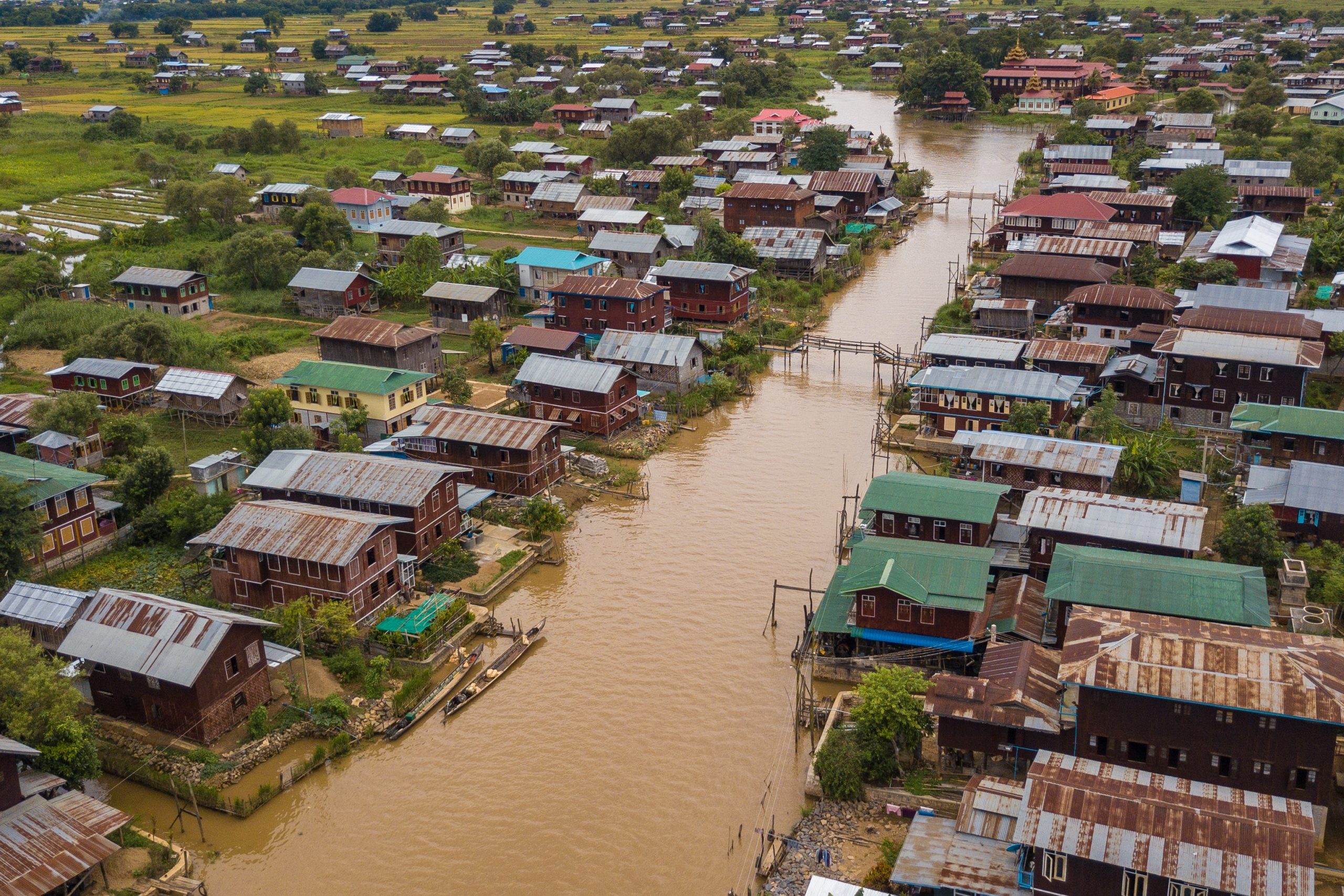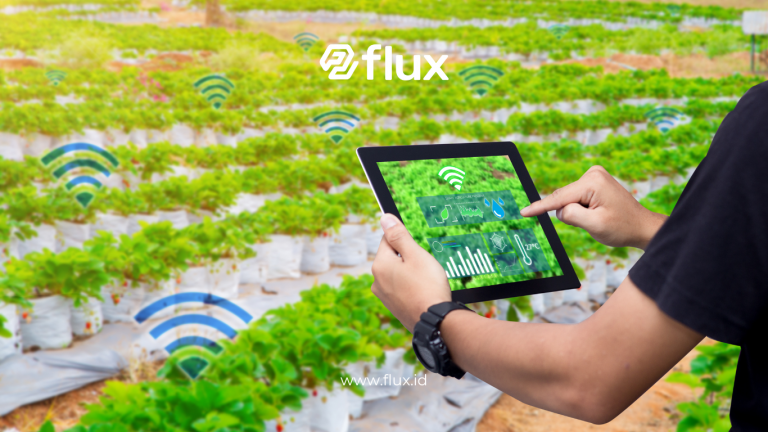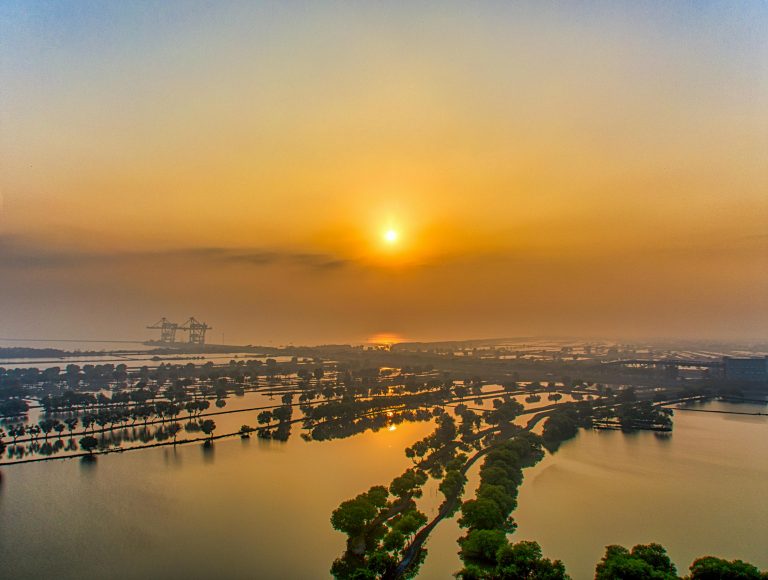Don't miss our holiday offer - 20% OFF!
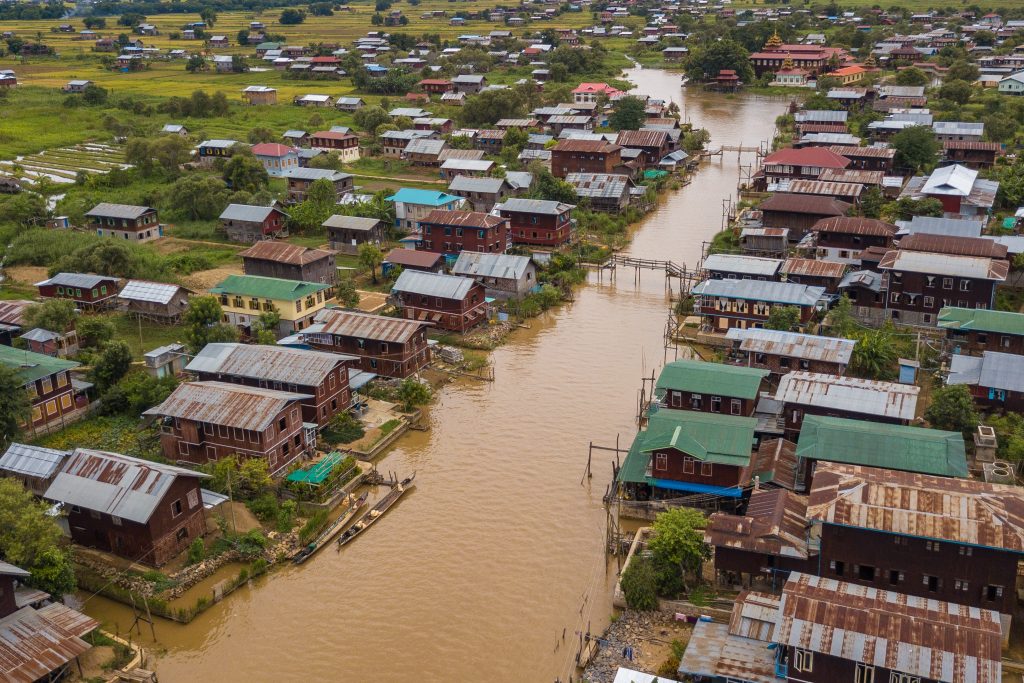
Read also : Automated Parking Concept: Smart Solution for Availability
Floods are a common natural disaster worldwide, often causing significant damage to properties and endangering human lives. However, one frequently overlooked aspect of flood monitoring is the water quality involved. Poor water quality resulting from floods can pose a threat to clean water sources and have a detrimental impact on aquatic ecosystems. In the effort to safeguard clean water sources and the environment, water quality sensors play a critical role.
Contents
Why Is Water Quality Important in Flood Monitoring?

Read also : Humidity Sensors for Building Efficiency and Air Quality
Floods often carry a variety of pollutants into the environment. Rainwater inundating flood-prone areas can transport chemicals, domestic and industrial waste, as well as harmful bacteria. All of these contaminants can pollute clean water sources, such as rivers, lakes, and groundwater. Poor water quality can lead to various problems, including:
- Public Health Threat: Poor water quality can lead to poisoning and waterborne diseases, endangering the health of affected communities.
- Ecosystem Damage: Aquatic organisms like fish, aquatic fauna, and water vegetation are highly vulnerable to changes in water quality. Increased pollutants can disrupt fragile aquatic ecosystems.
- Loss of Clean Water Sources: Pollutants entering clean water sources can damage water infrastructure, reducing the availability of clean water for communities.
The Role of Water Quality Sensors in Flood Monitoring

Read also : Security and Privacy in Connected Parking Systems: Challenges and Solutions
Water quality sensors are essential tools in flood monitoring. They operate by measuring water quality parameters such as acidity (pH), dissolved oxygen concentration, temperature, specific chemical concentrations, and suspended solids in the water. With data collected by these sensors, researchers and stakeholders can:
- Detect Contamination: Water quality sensors can swiftly detect sudden changes in water parameters indicative of contamination, enabling rapid responses to address the issue.
- Measure Environmental Impact: Data from water quality sensors helps understand the impact of floods on aquatic ecosystems, facilitating the identification of the most affected areas.
- Long-term Monitoring: Through long-term monitoring, water quality sensors can assist in tracking the recovery of aquatic ecosystems following a flood.
- Guiding Water Management Decisions: The information provided by these sensors aids in making water management and environmental policy decisions.
Cutting-edge Water Quality Sensor Technology
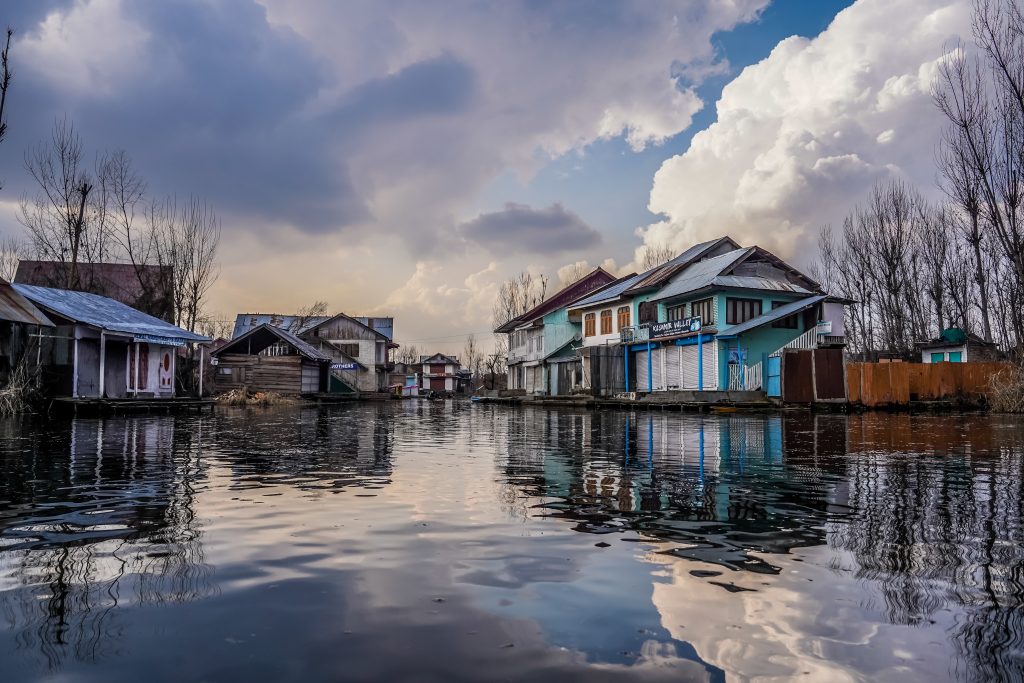
Read also : Security and Preparedness Enhanced by Smart EWS Technology
In recent years, water quality sensor technology has made significant advancements. These sensors can now be integrated into larger and online monitoring systems, allowing real-time data transmission to control centers. This enables faster responses to changes in water quality.
Moreover, the latest water quality sensors are designed to operate in various environments, including freshwater, seawater, and surface water. They also exhibit excellent resilience to extreme weather conditions and harsh environments, a crucial feature in flood monitoring contexts.
Conclusion
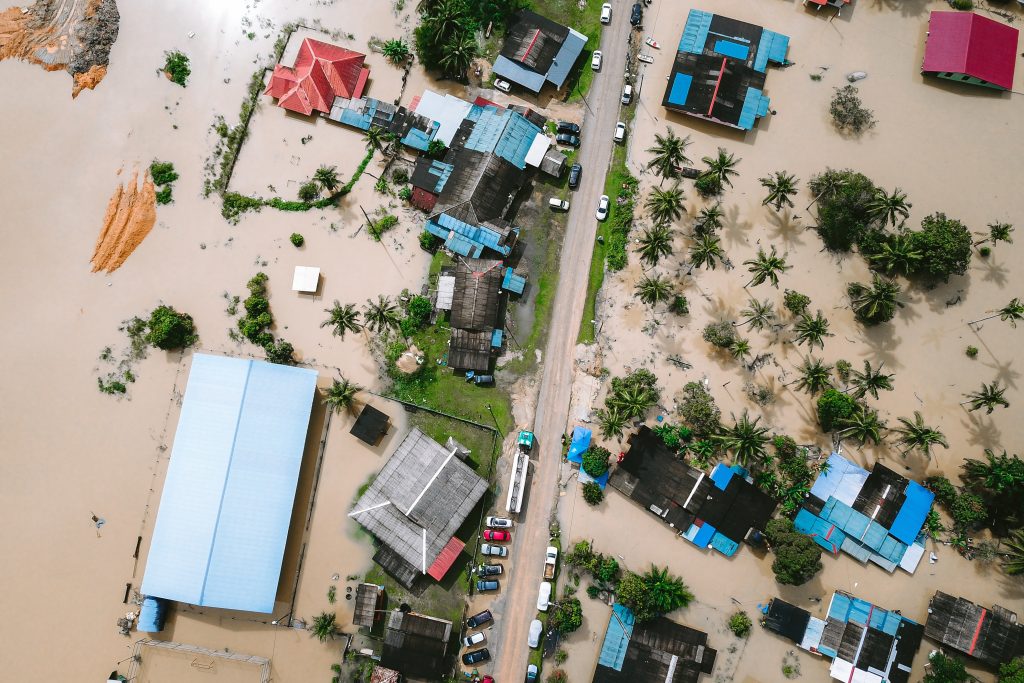
Read also : Decoding Water Quality Sensors: Health Threats in Floods
Monitoring water quality during floods is a crucial component in safeguarding clean water sources and preserving the integrity of aquatic environments. Water quality sensors play a critical role in this endeavor by detecting contamination, assessing environmental impacts, and aiding in water management decisions. By continually advancing water quality sensor technology, we can more effectively protect clean water and aquatic ecosystems from the frequent threat of floods.

